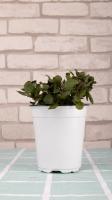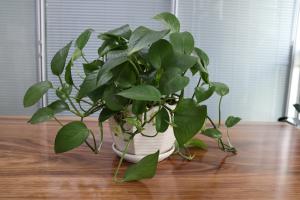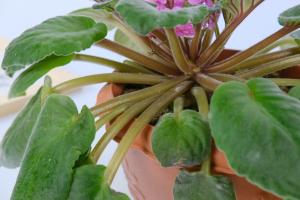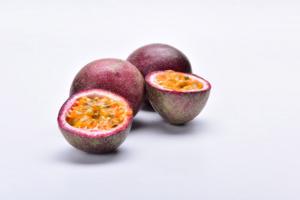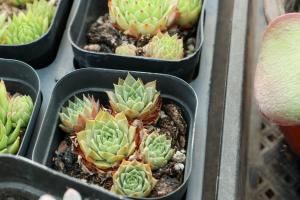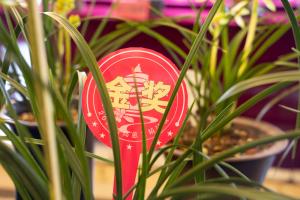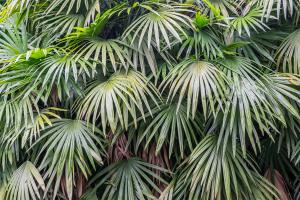Is Cypress Mulch Good for Plants?
Cypress mulch is a popular type of mulch used by gardeners and landscapers. It is made from shredded bark and wood of the bald cypress tree, which is native to the southeastern United States. But, is cypress mulch good for plants? Let's explore the benefits and drawbacks of using cypress mulch for your plants and garden.
Benefits of Cypress Mulch
One of the biggest benefits of using cypress mulch is its durability. Cypress bark and wood are known for their resistance to decay and insects, so the mulch lasts longer than other types of organic mulch. This can save you time and money in the long run, as you won't have to replace the mulch as frequently.
Another benefit of cypress mulch is its ability to regulate soil moisture. The mulch helps to retain moisture in the soil, which can be especially useful during hot and dry weather. This is because the mulch acts as a barrier, reducing evaporation and helping to keep the soil cool and moist.
In addition, cypress mulch can improve soil structure and prevent erosion. When applied in a thick layer, the mulch can help to create a porous layer that allows water and air to penetrate the soil more easily. This can promote healthy root growth and prevent soil compaction, which can lead to erosion.
Drawbacks of Cypress Mulch
Despite its many benefits, there are also some drawbacks to using cypress mulch. One of the biggest concerns is the environmental impact of harvesting bald cypress trees for mulch. These trees are slow-growing and can take decades to reach maturity.
Another concern is the impact on wildlife habitat. Bald cypress trees provide habitat for a variety of species, including birds, reptiles, and mammals. Harvesting these trees for mulch can disrupt these habitats and have long-term impacts on wildlife populations.
Finally, there are concerns about the potential for cypress mulch to introduce pathogens or pests to your garden. While cypress is resistant to decay and insects, there is still a risk that pathogens or pests could be introduced to your garden. This is especially true if the mulch is not properly aged or stored.
Conclusion
So, is cypress mulch good for plants? The answer is complicated. While cypress mulch has many benefits, there are also concerns about its environmental impact and potential drawbacks. If you choose to use cypress mulch, be sure to consider the source of the mulch and its impact on wildlife habitats. In addition, be sure to properly store and age the mulch to reduce the risk of introducing pathogens or pests into your garden. Ultimately, the decision to use cypress mulch or other types of mulch depends on your individual needs and preferences.

 how many times do yo...
how many times do yo... how many planted tre...
how many planted tre... how many pine trees ...
how many pine trees ... how many pecan trees...
how many pecan trees... how many plants comp...
how many plants comp... how many plants can ...
how many plants can ... how many plants and ...
how many plants and ... how many pepper plan...
how many pepper plan...